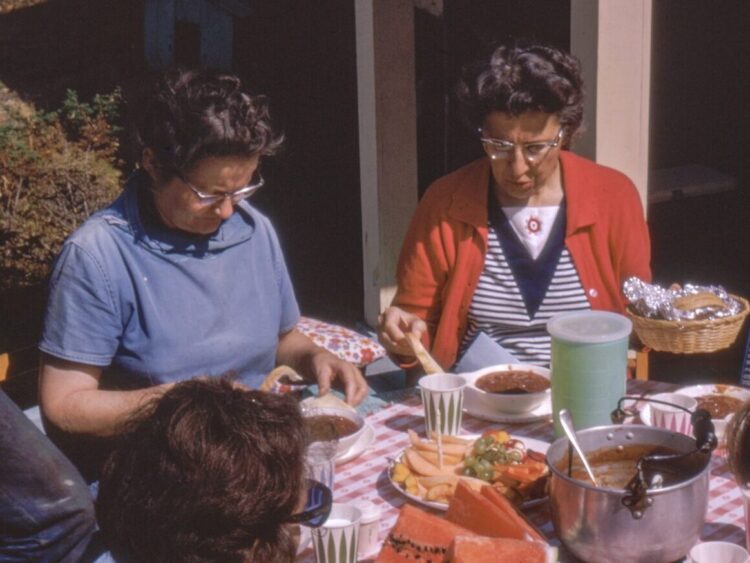
People remember the 1970s as a time when things seemed to hold together on their own. Clocks set the pace, and errands waited for shop shutters to rise. Letters came once, in a neat stack. Phones rang when someone was home to answer. A radio in the kitchen filled the gap before dinner, its lids rattling on pots. Neighbors waved from the gate and meant it. What lasts is the routine that made homes feel knowable.
The Home Telephone

A phone stayed on a hallway table where voices carried. Conversations happened right there, not in pockets. Dialing took time as the wheel spun forward and slid back. Privacy meant turning one’s back and speaking in a low voice. A quick apology followed the wrong numbers. When the receiver clicked into place, the talk was finished. The hallway settled again, and someone returned to the stove or the stairs without thinking much about it.
Evening News Hour
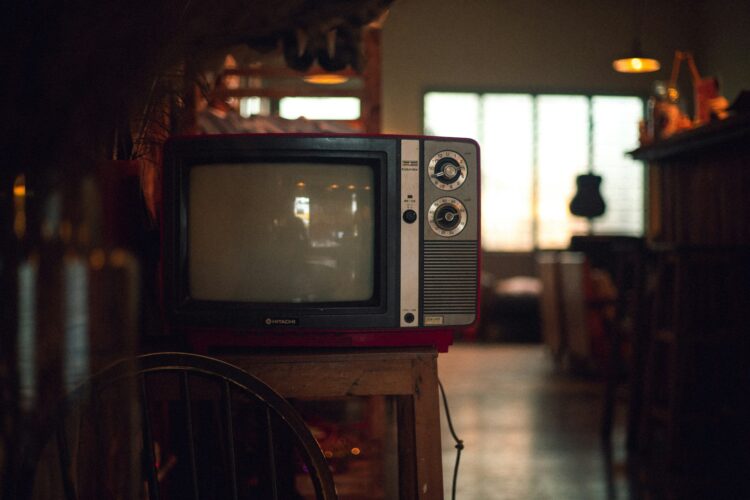
The news arrived on its schedule. Families adjusted the antenna, then balanced plates on their knees. The anchor read the day in measured steps, one story after another. No pausing. No rewinding. When the program ended, the screen went dark, and the room felt bigger. Someone rinsed dishes. Someone guessed tomorrow’s forecast. That hour marked the finish of the day, and most homes moved past it together.
Milk Deliveries

At first light, bottles touched together on the steps. A hand lifted the wire carrier, glass cold against the palm. The cream at the top was added to the coffee, making it taste fuller. A folded note under the mat kept the bill simple. The driver knew every porch by heart. When the route ended, mornings sounded different. People noticed the missing knock before they noticed anything else.
Kids in the Street
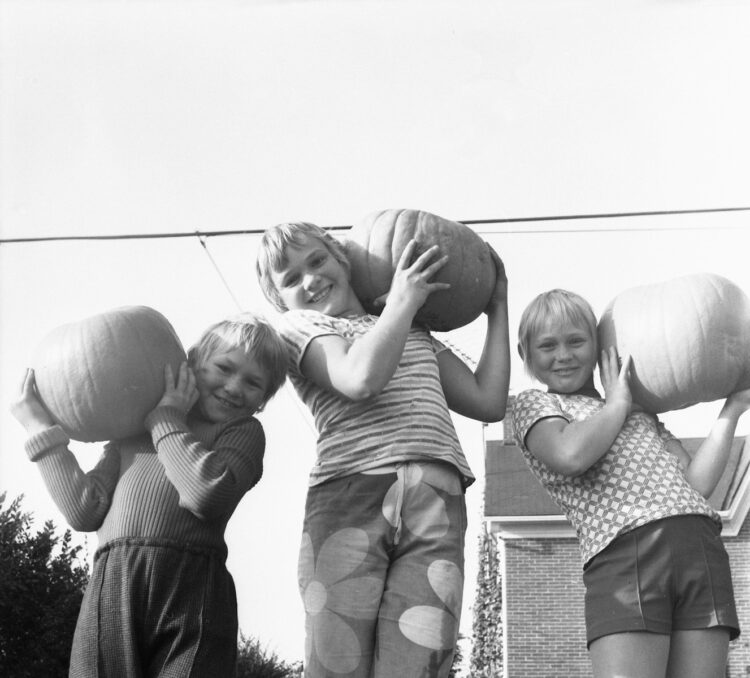
After school, children spilled outside without plans. Chalk squares appeared, and a scuffed ball found a game. Bikes looped the block while parents watched from porches. Streetlamps blinked on, and that was the signal. Come home. No check-ins. Distance was learned by feet, not screens. Dinner smelled, met them at the door, and homework waited on the table. The block taught limits while also providing comfort at the same time.
Photo Albums
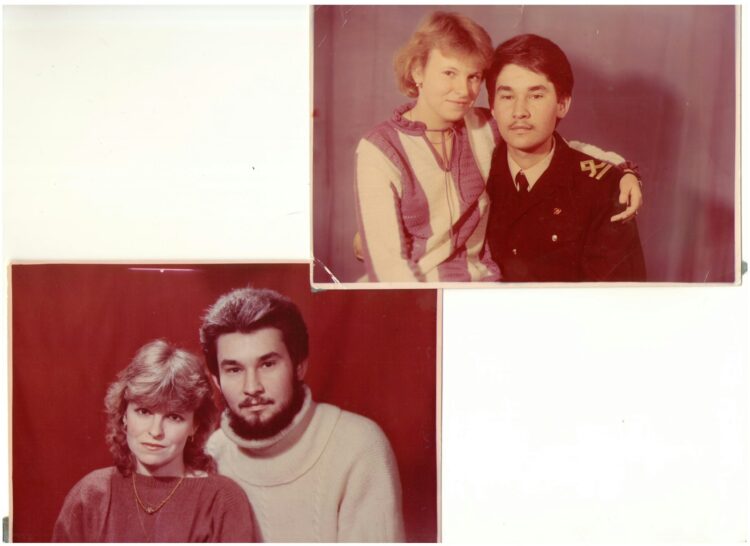
On a wet afternoon, someone slid the big album across the table. The cover was scuffed at the corners. Sleeves gave off a faint plastic smell. Colors leaned a little orange—captions in blue pen named faces and months: June 1976, First day back. A thumbprint turned up in the middle of one grin. Nobody arranged anything. They turned pages to check who stood where, then passed it to the next pair of hands.
Supper at the Table
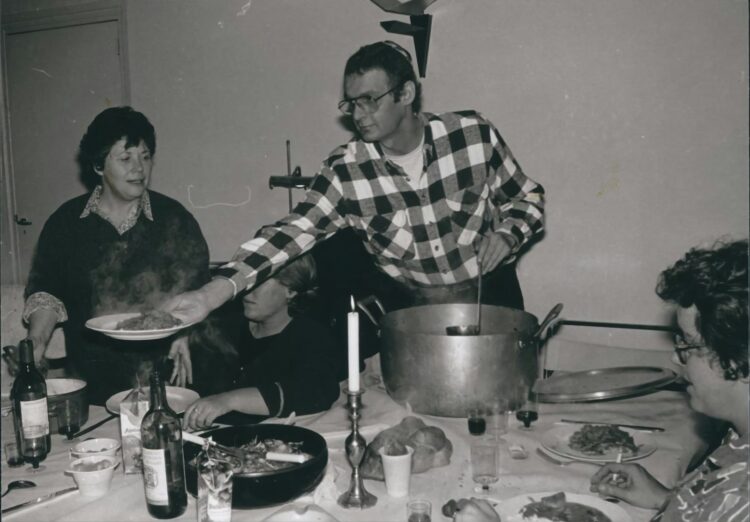
By early evening, the table filled itself. The plates came out, and a steel jug left a wet ring that someone wiped with a sleeve. The conversation started in one place and then wandered. A child pushed peas to the edge. Another reached across for the pickle jar. The ceiling fan ticked on a loose setting. When everyone finished, they stayed a minute longer, hands resting on the wood, as if the day needed that pause.
Vinyl Records at Home
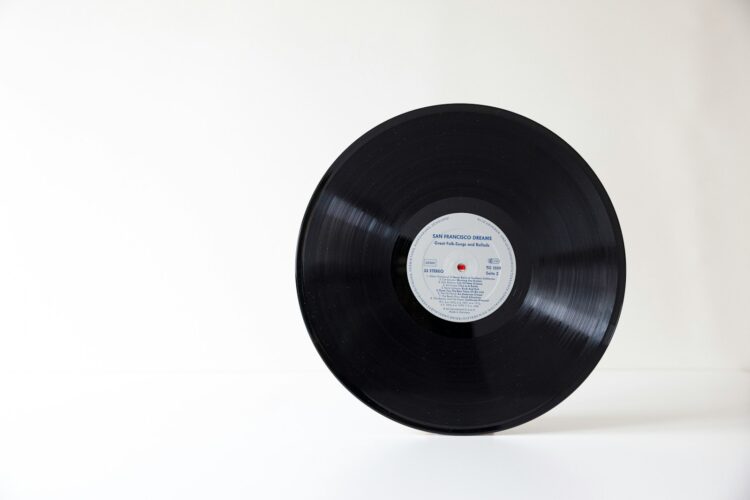
Records leaned in a crate by the player. A hand lowered the needle, and the soft crackle came first. Songs played in the order they were pressed, so people listened straight through. Friends sprawled on the rug or took the couch and let the side finish. When it ended, someone stood and flipped it. The pause belonged to the room, not a button. Nobody hurried the fade at the end.
Long Road Trips
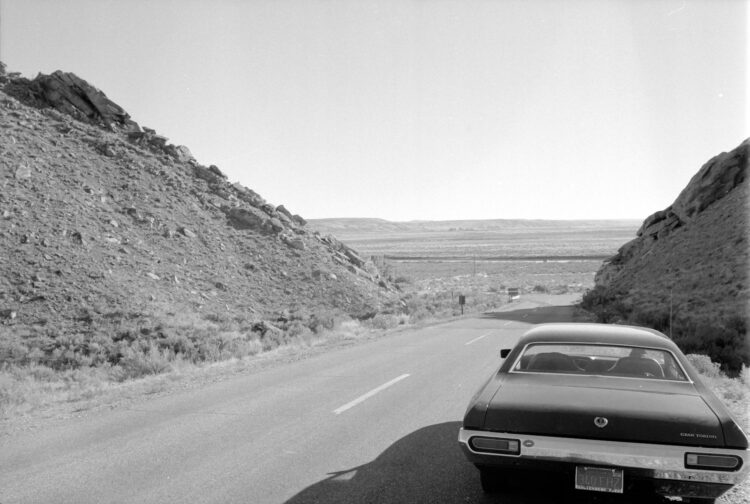
Cars carried families for hours, past fields and service stations. Maps unfolded across laps with pencil circles around towns. Windows stayed open. Wind filled the gaps between radio stations. Stops happened at diners that looked friendly. Getting lost added a story more than a fight. Everyone came home sun-tired, with dust on shoes and wrappers in the backseat. The road gave them time to be together.
Weekend Department Stores
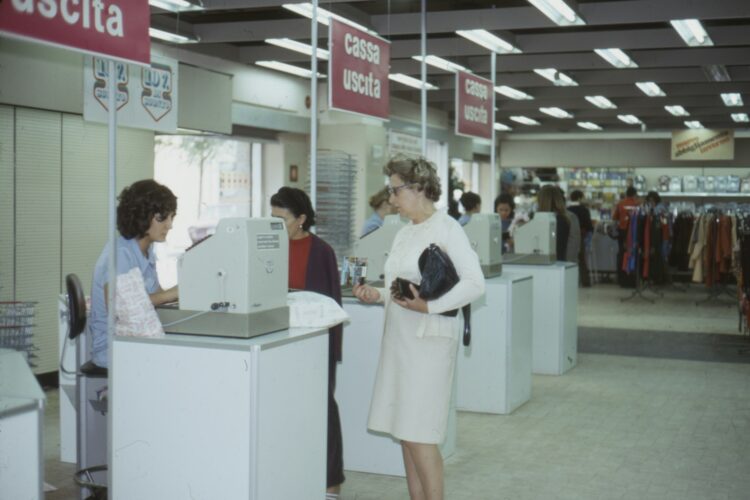
Bright floors and slow escalators pulled people in on Saturdays. Shoppers wandered without hurry. A clerk measured feet with a wooden gauge and remembered names. Layaway made big purchases manageable steps for most families. Trying on a coat felt like trying on a coat for next month. Leaving with one paper bag could change how Monday looked—buying things involved faces and small talk, not clicks. A return was a conversation, not a form.
Letters and Postcards

Most mail came once a day, in the form of a small stack that felt personal and intimate. Someone opened envelopes with a thumb and smoothed the paper flat. The handwriting said as much as the words. Quick strokes on busy weeks, careful loops when someone had time. Postcards were brief and cheerful. Replies took days, and sometimes even longer. The letter often stayed on the table through dinner, read again before bed, then tucked into a book to keep.
Getting Ready Each Morning
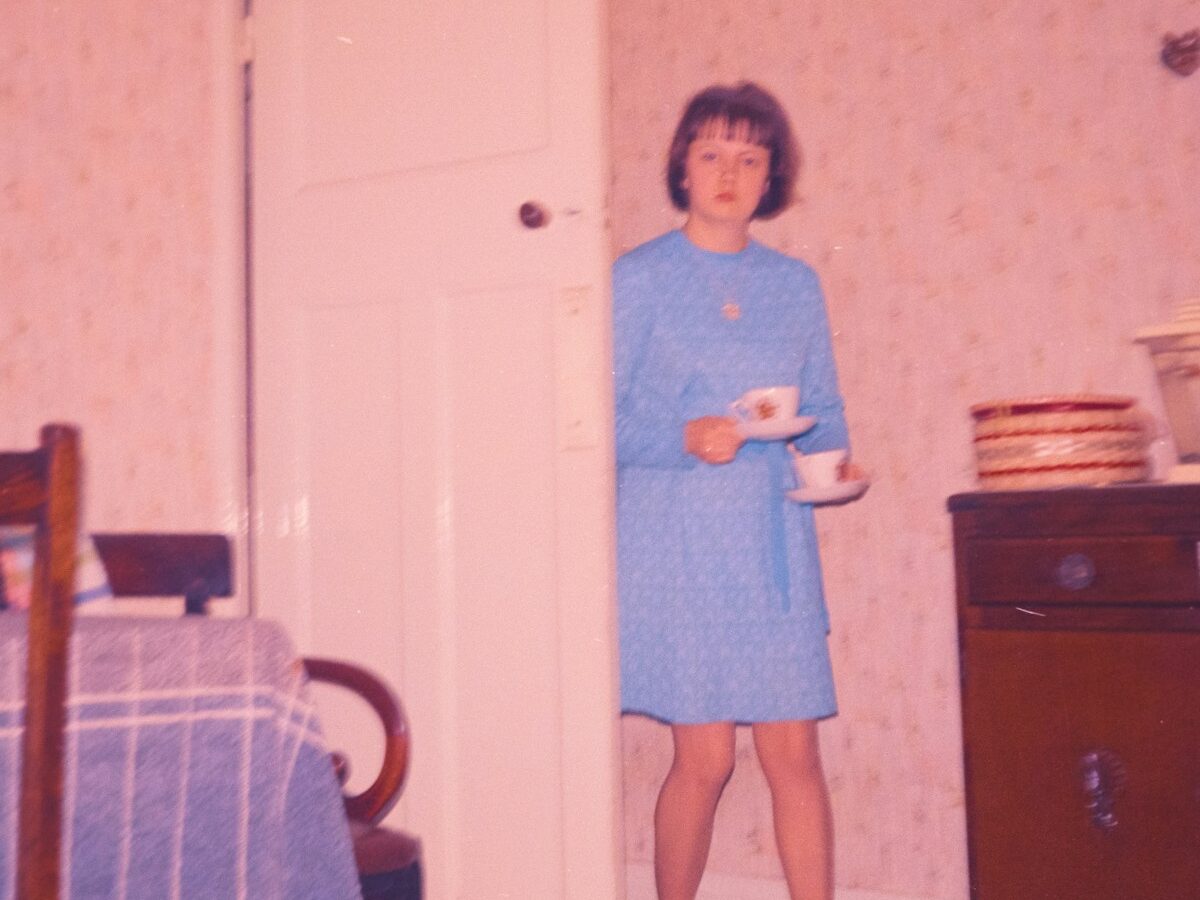
Morning started in the bathroom mirror. Steam on the glass, a towel swipe, and the day took shape. Someone ironed a shirt while the radio played a half-clear song. Lunch went into a bag, still warm from the pan. Hair brushed, laces tied, switch off the kitchen light. Keys from the bowl, a quick look for the umbrella, and the door clicked shut. Nothing dramatic, just the steps that got everyone moving.
Public Libraries
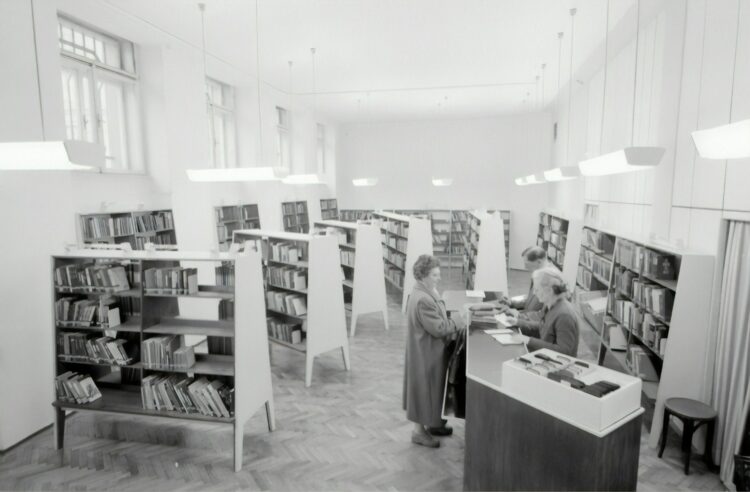
Quiet had an address. The card drawers slid out, and their wooden edges tapped softly against the table. Fingers walked along tabs until a title felt right. A window seat turned one chapter into three. If a book was gone, a stamped slip promised a turn. Learning took a walk and a wait. Leaving with a stack made my arms ache in a way that felt good. The clock meant less in that corner.
Sunday Afternoons
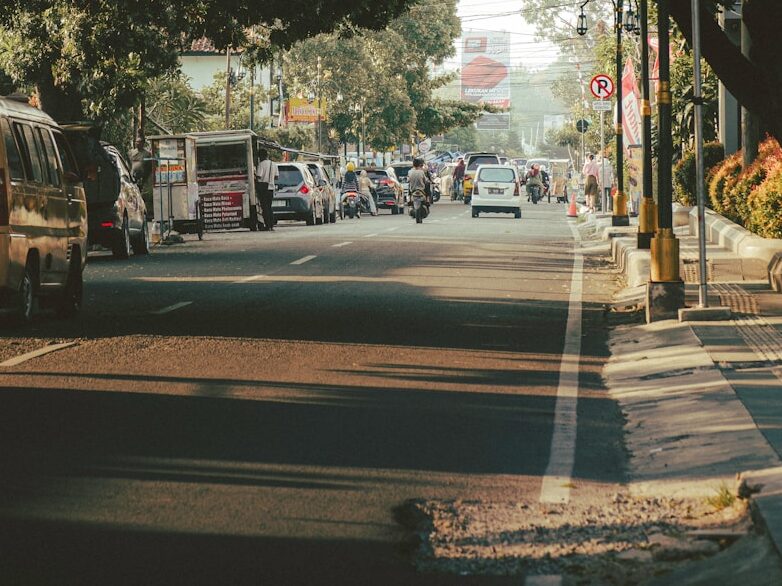
Sundays slowed on purpose. Shops closed early, and streets thinned. Fans moved warm air while tea cooled on saucers. Some visited relatives. Others mended, watered plants, or took a nap. The day asked for less and got it. By evening, the house felt aired out. Clothes for Monday hung from a chair, and the week waited just outside the door. Some music played low from a neighbor’s window.
Corner Payphones
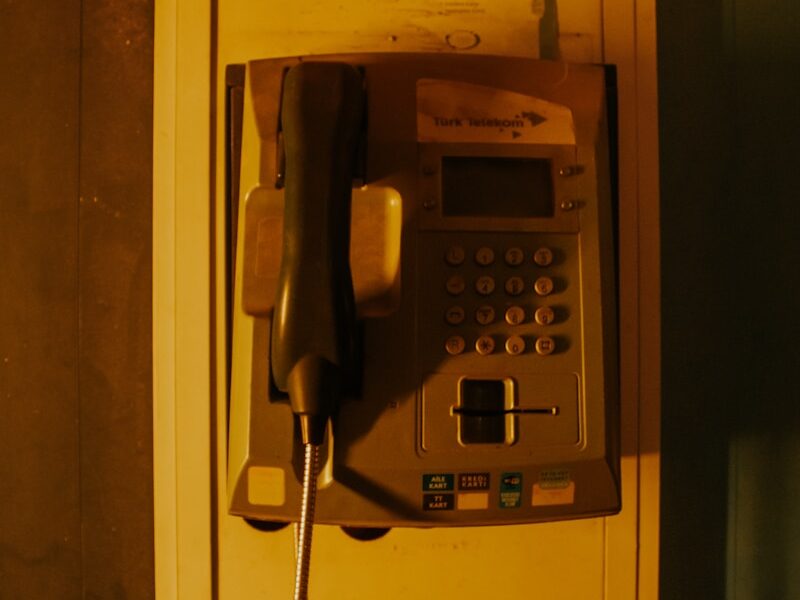
Payphones were often located near pharmacies and bus stops. Coins warmed in palms, and numbers came from memory. Busy signals happened; people tried again later. Calls stayed brief with traffic in the background. The booth smelled like metal and faint perfume from the last caller. When the handset met the hook, the errand felt complete, and the sidewalk continued to move. Change rattled in pockets for the walk home.
Neighborhood Kindness
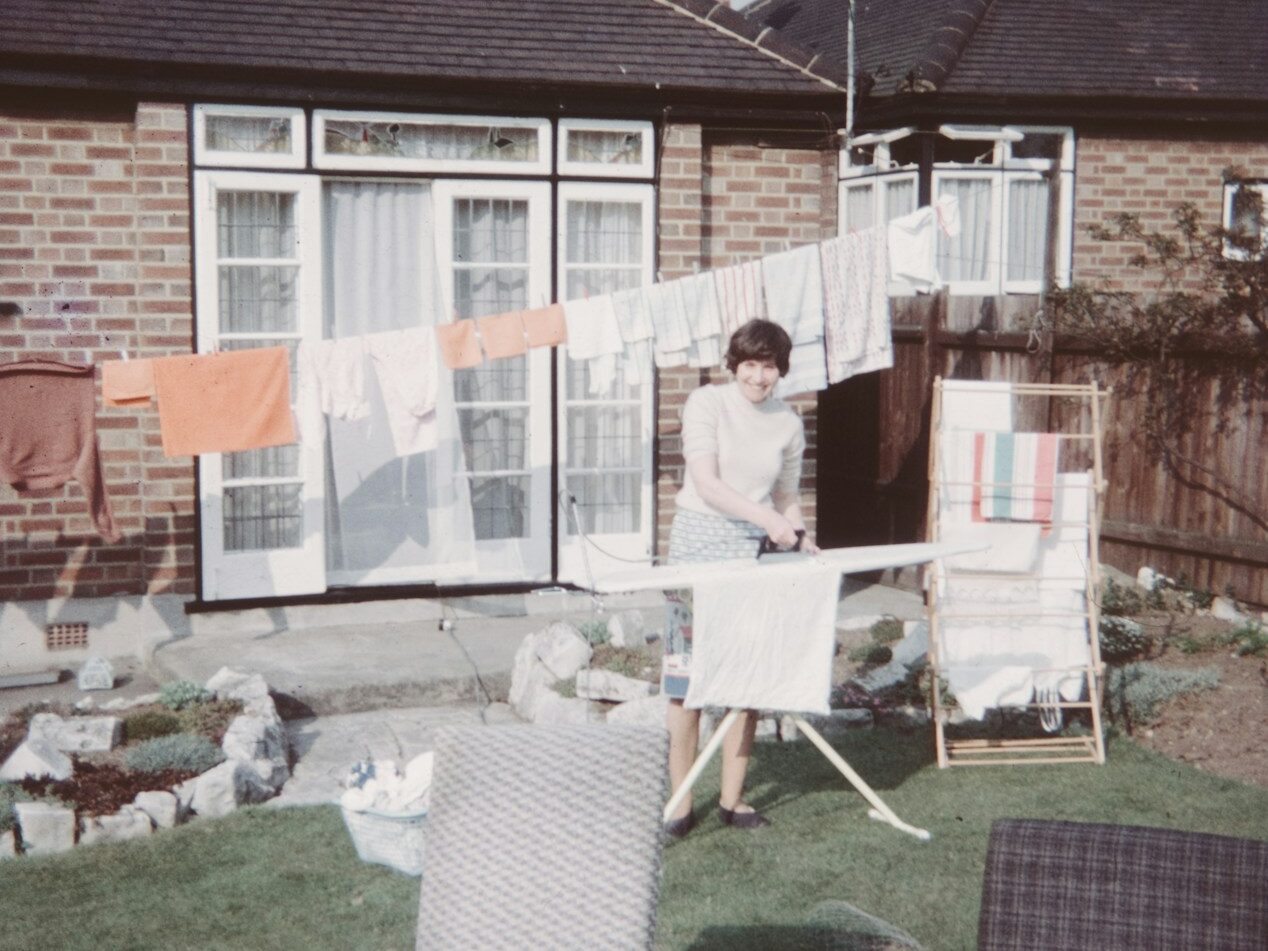
Neighbors noticed small needs. Sugar left the kitchen and came back as a slice of cake. Porch lights helped people find their way home more than street signs. News moved by conversation and settled by dusk. When illness came, dinners arrived without lists or speeches. The street held through favors and follow-through, and people remembered who showed up. Thank-yous traveled quietly, then lingered. People noticed and followed through.

